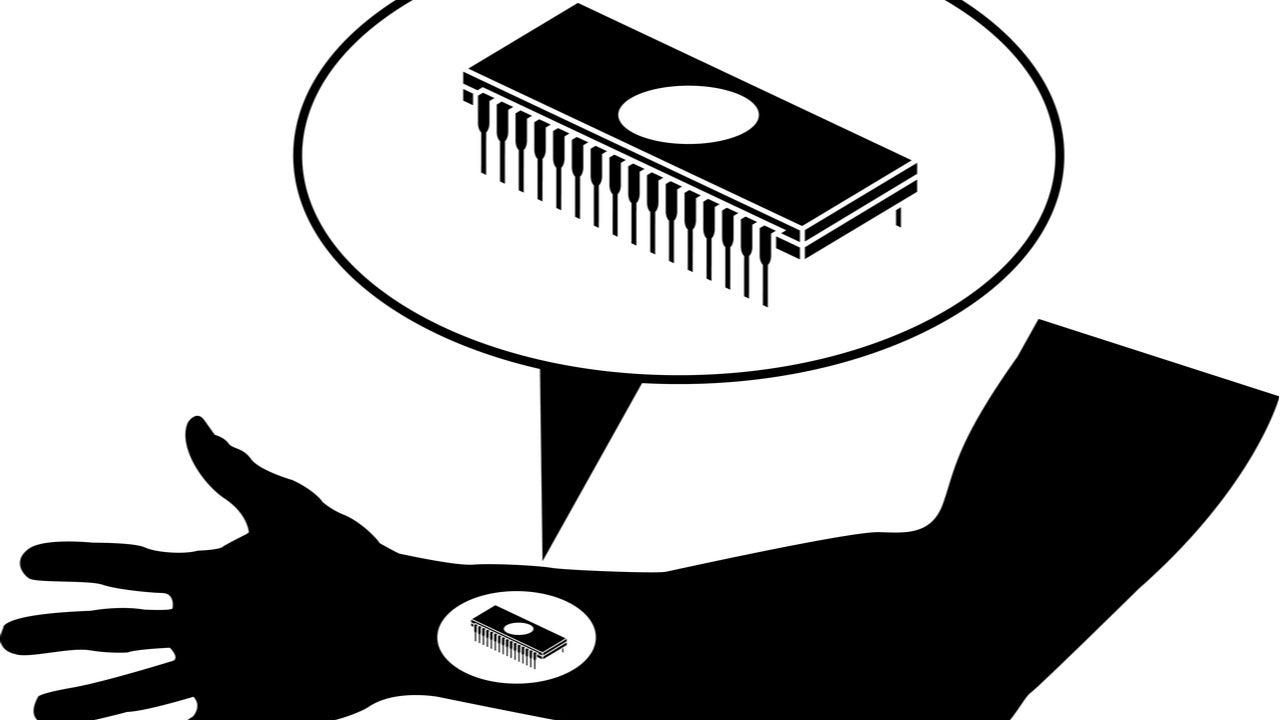The latest chip design platforms from Arm will strengthen and deepen the UK’s firm’s importance within the data centre technology industry. This will increase competitive and other pressures currently facing Intel which are eroding Intel’s dominance in the data centre processor space. It could also jeopardize NVIDIA’s proposed $40 billion (£29 billion) acquisition of Arm, which is currently under investigation by the UK government.
Arm has announced two new chip design platforms, the Neoverse N2 and the Neoverse V1, along with a new mesh interconnect to support them. The N2 is the latest version of Arm’s general compute platform and will target use cases ranging from hyperscale data centres to edge computing environments. Arm has recently made significant inroads into the market for hyperscale data centre chips where its N1 core is used to power Amazon Web Services (AWS) Graviton2 processors within AWS Elastic Compute Cloud (EC2) instances.
The company has also said that Oracle will use Arm-based chips made by Ampere Computing to support its expanding cloud business, and that Alibaba will offer Arm-based cloud computing services, although it has not disclosed the chip manufacturer.
New Arm products support HPC and threaten Intel
Arm’s new V1 platform on the other hand is a completely new product that will support high performance computing (HPC) and machine learning use cases. The market for HPC is heating-up, with Arm’s platform infrastructure already being used within supercomputers from Japan to India, and Switzerland to the United States. This is a market where Arm has spotted clear future growth opportunities.
Arm’s ascendancy within the data centre space has amplified the troubles facing Intel, which last week reported a 20% decline in sales and a 63.5% fall in operating profit for its data centre business in the first quarter of 2021. In addition to competition from chief CPU rival AMD, Intel has lost business among hyperscale data centre operators, as they switch to building their own processors. Intel is also seeing increased competition from GPU specialist NVIDIA, which recently unveiled a new Arm-based data centre CPU for giant-scale HPC and AI use cases. The first customers will include the Swiss National Supercomputing Centre and the Los Alamos National Laboratory in the US.
Proposed NVIDIA takeover may face greater scrutiny
Meanwhile, as more organisations leverage Arm-based processors, and as Arm targets a broader range of data centre compute use cases, this could attract even greater scrutiny of its planned takeover by NVIDIA. NVIDIA has also set its sights on capturing new opportunities in the data centre industry, especially HPC ones, and sees its acquisition of Arm as a key milestone that will help it realise those ambitions.

US Tariffs are shifting - will you react or anticipate?
Don’t let policy changes catch you off guard. Stay proactive with real-time data and expert analysis.
By GlobalDataHowever, for the deal to go ahead it must also be approved by national regulators. Last week, the UK government launched an investigation into the proposed takeover, citing concerns that it could undermine UK national security. Arm’s technology is used in critical infrastructure around the UK, including national defence applications.
The UK government is also being lobbied by those who believe the takeover could destroy Arm’s role as the Switzerland of the semiconductor market, that the UK should focus more on technological sovereignty – especially with current chip shortages – or that NVIDIA could gain an unfair commercial advantage by limiting competitor’s access to Arm technology.
While these concerns have been expressed in the UK, NVIDIA’s acquisition of Arm also requires approval from regulators in the US, the European Union and China. As Arm technologies look set to play an even greater role in big data, HPC, supercomputer, and hyperscale data centre environments – the regulatory approval process will be protracted at best and could even see moves to stop it.









